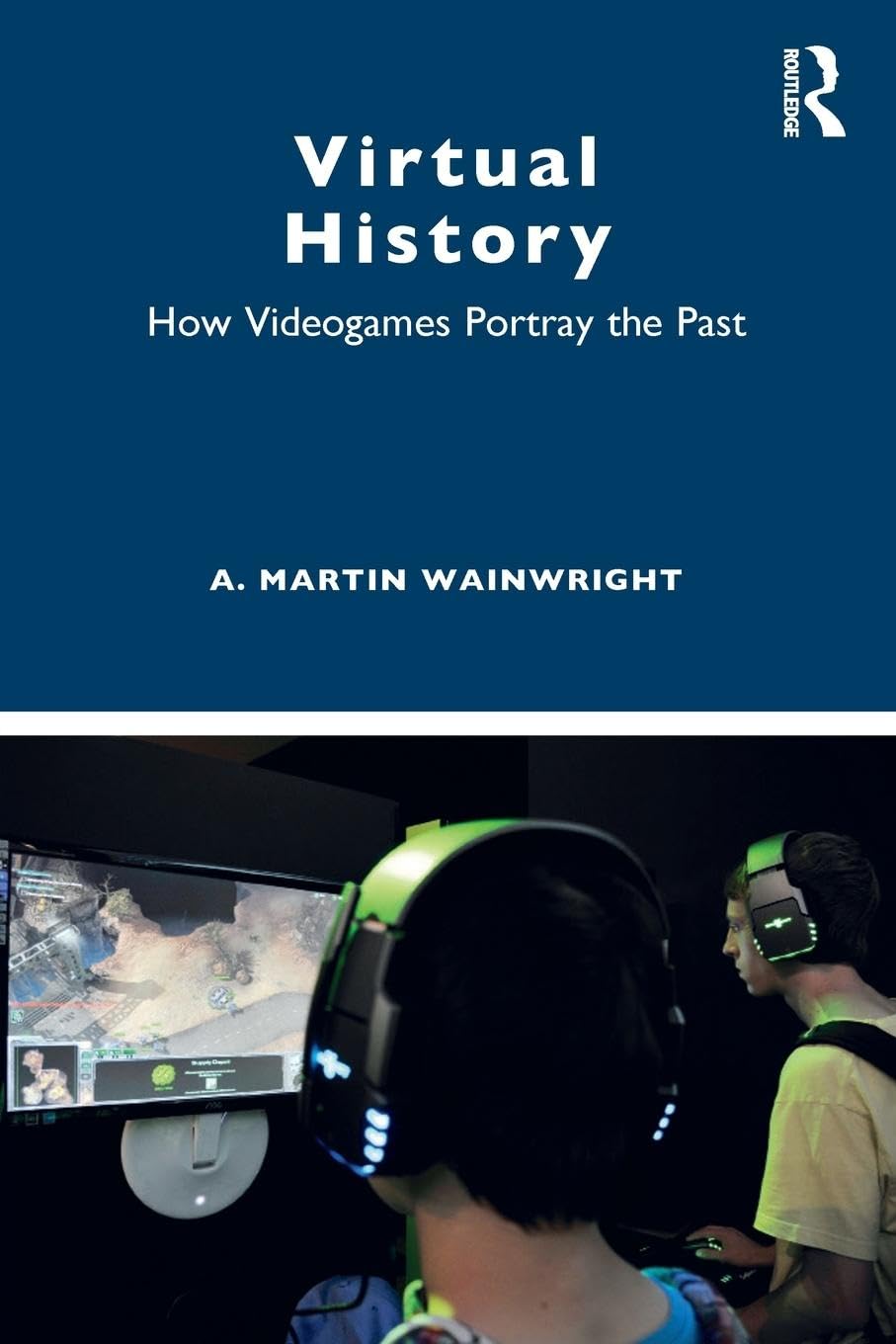Virtual History: How Videogames Portray the Past
Virtual History: How Videogames Portray the Past is backordered and will ship as soon as it is back in stock.
Couldn't load pickup availability
Genuine Products Guarantee
Genuine Products Guarantee
We guarantee 100% genuine products, and if proven otherwise, we will compensate you with 10 times the product's cost.
Delivery and Shipping
Delivery and Shipping
Products are generally ready for dispatch within 1 day and typically reach you in 3 to 5 days.
Book Details:
-
Author: A. Martin Wainwright
-
Publisher: Routledge
-
Language: English
-
Edition: 1st Edition
-
ISBN: 9781138069091
-
Pages: 220
-
Cover: Paperback
-
Dimensions: 9.2 x 6.1 x 0.4 inches
-
Weight: Not provided
About the Book
Virtual History by A. Martin Wainwright provides an insightful examination of how popular historical video games have portrayed history over the past decade. Through a detailed analysis of various games, the book explores the motives behind their design, the perspectives of game developers, and the societal expectations addressed through key themes such as economics, culture, ethnicity, gender, violence, and the environment.
Taking a critical approach to video games as a form of art, Wainwright considers both their potential to inform and mislead players, providing a balanced evaluation of their historical accuracy. The book delves into the ways these games not only depict historical events but also engage players in understanding the underlying processes that shaped history. Drawing attention to both the strengths and limitations of video games as tools for historical education, Virtual History encourages readers to reflect on the games they play from a more informed perspective.
Supported by examples, screenshots, and detailed discussions, this book is an invaluable resource for students of media and world history, as well as those interested in the portrayal of history through the evolving medium of video games. By exploring how video games approach history, Wainwright challenges readers to reconsider the role of entertainment in educating and shaping our understanding of the past.





